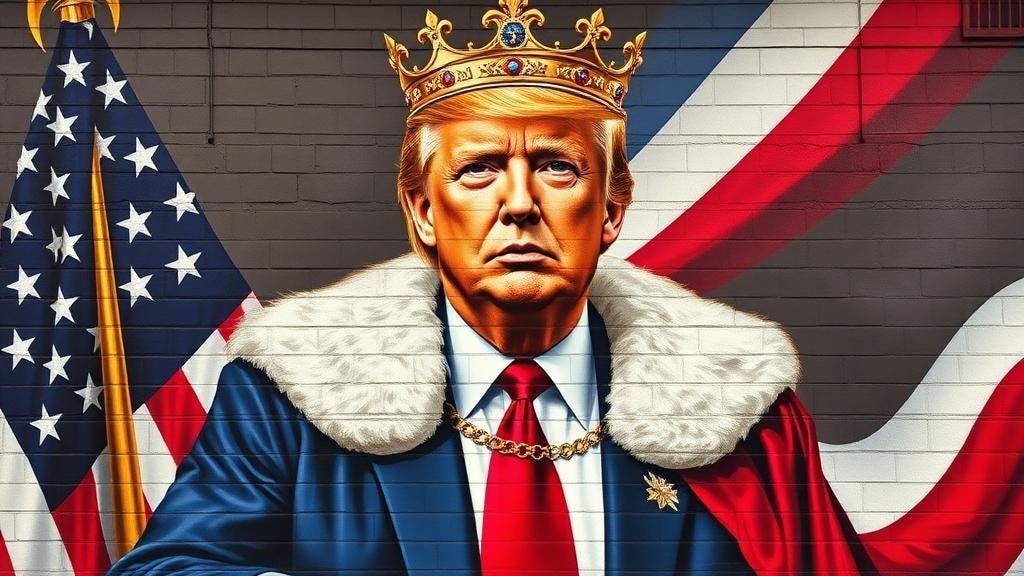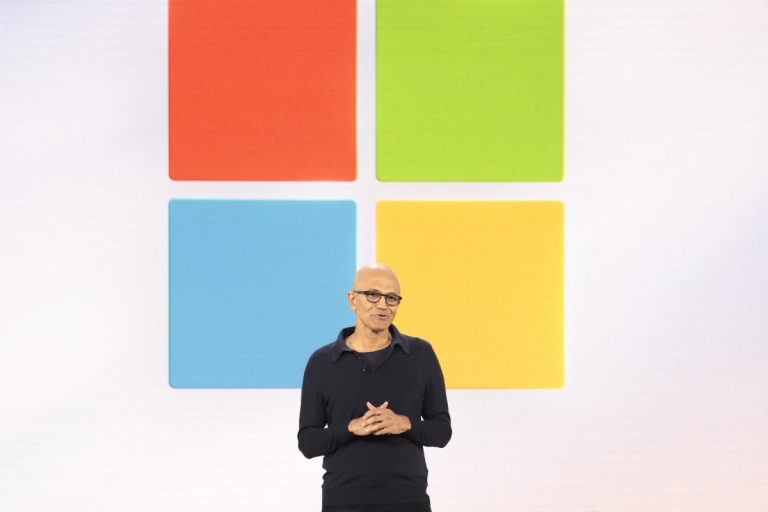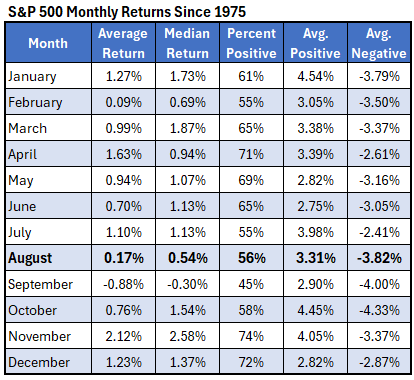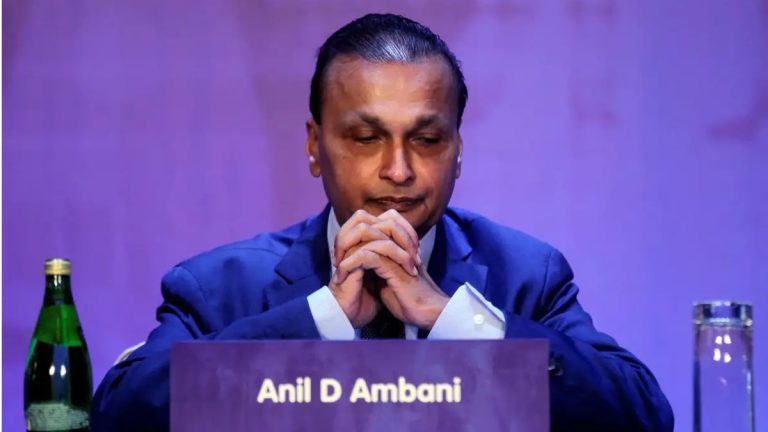India risks becoming economically irrelevant as the U.S. and China double down on AI-led reindustrialization—and a fresh wave of U.S. tariffs may only accelerate the trend, warns finance influencer and Wisdome Hatch founder Akshat Shrivastava.
“The U.S. and China have aligned around an AI-first strategy. India hasn’t,” Shrivastava says in a detailed YouTube breakdown, warning that automation, energy innovation, and megafactory expansion are rapidly erasing India’s long-standing advantage as a low-cost labor market.
“Cheap labor was India’s edge. AI erases that. The U.S. will build gigafactories. They don’t need us,” he adds.
Shrivastava’s comments come just as President Donald Trump announced a 25% tariff on all Indian imports, citing unresolved geopolitical tensions. According to a Reuters report, U.S. officials say a trade deal with India remains out of reach, pointing to India’s BRICS membership and ongoing Russian oil purchases as key sticking points.
For investors, Shrivastava believes these signals are part of a larger structural shift. “The global economy is retooling. The U.S. is becoming self-reliant in energy and manufacturing. India hasn’t even begun,” he says. “We put ATMs and trains and call it AI. That’s not innovation.”
He argues that India needs urgent policy overhauls—tax cuts, capital infusion into real R&D, and serious engagement with high-tech infrastructure—to avoid being left out of global supply chains.
Domestically, Shrivastava views the Indian stock market as being in a consolidation phase, not a collapse. But he warns it is overvalued, with forward P/E ratios at 23–24, versus a 10-year average of 20. “You’re not buying the bottom. You’re buying in the middle of a sideways market,” he says.
Despite muted mutual fund returns and flat SIP yields, Shrivastava advises against pulling out entirely. Instead, he suggests a tactical approach: keep cash handy, buy only at support levels, and adjust expectations. “This is not the time to expect 20% returns in large caps,” he says.
With 35% of his own capital in cash and major exposure to U.S. tech stocks, Shrivastava says the global capital cycle is favoring innovation-heavy markets. “India lacks globally competitive growth companies. You need to rethink where your portfolio is going.”







